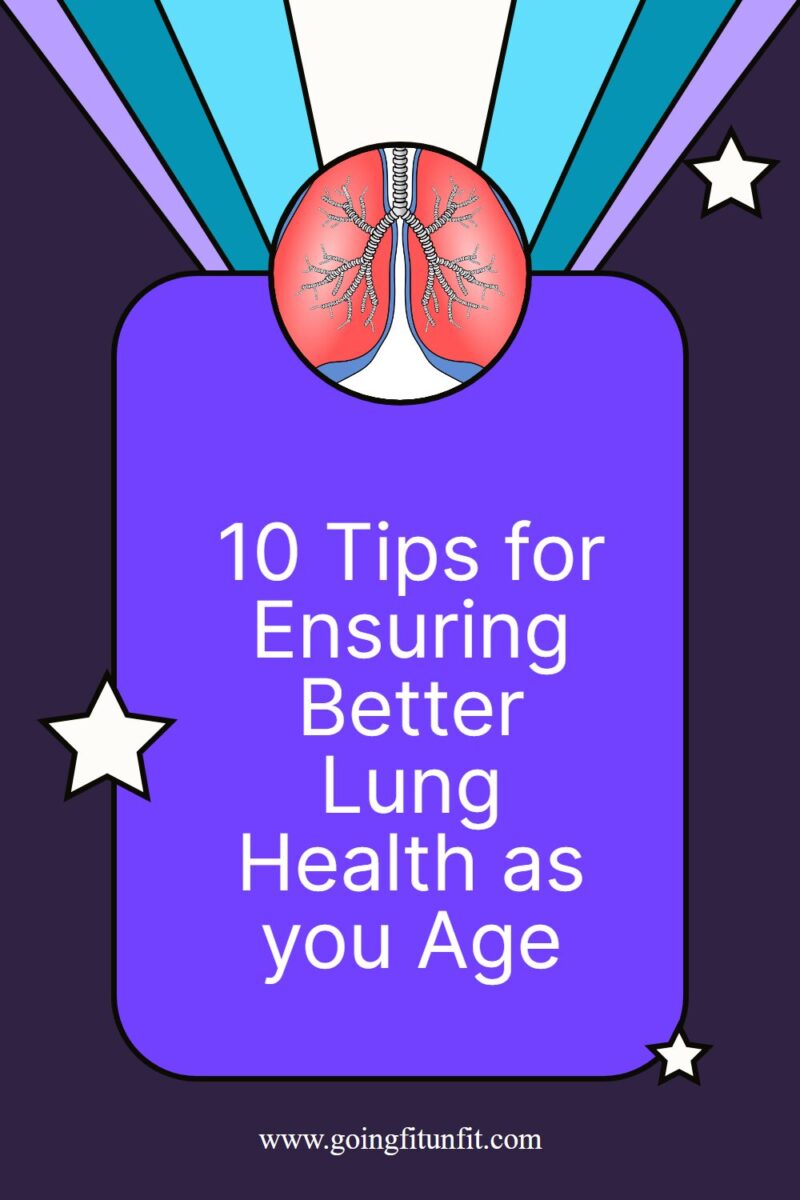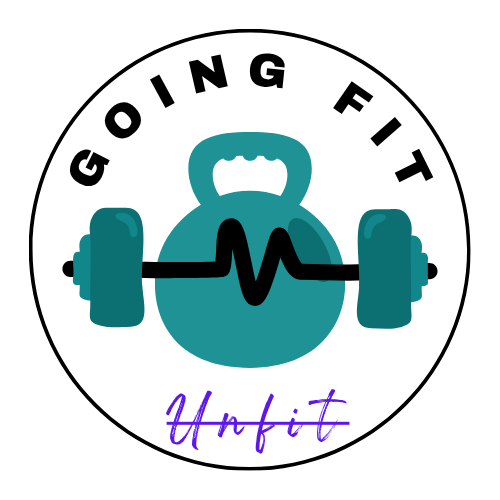
As we age, our lung capacity and function gradually decline, making us more susceptible to respiratory diseases. For instance, the diaphragm can weaken, while lung tissue that is essential for breathing can also lose elasticity, narrowing the airways. Hence, the importance of lung health cannot be overstated, especially for older adults.
Healthy lungs contribute to a person’s overall well-being and ability to stay active and independent. Recognizing the impact of aging on the respiratory system, seniors need to take proactive measures that protect and enhance lung health.
This article explores certain steps you can take to ensure your lungs don’t give you a hard time.
1. Understand Lung Risks
The first step in taking care of your lung health is to understand the risks that can lead to respiratory issues. Smoking is the most significant risk factor. In fact, according to WHO, it is one of the primary causes of lung diseases such as COPD or chronic obstructive pulmonary disease that results in severe breathing issues.
However, exposure to environmental pollutants, a history of lung infections, and a sedentary lifestyle also contribute to declining lung health. Awareness of these risks can motivate individuals to adopt healthier lifestyles and seek timely medical advice.
2. Regular Health Screenings
Regular health screenings are vital for early detection of lung conditions, which becomes increasingly important as you age. Diseases like COPD, lung cancer, and mesothelioma—a rare cancer often linked to asbestos exposure—can be detected through screenings.
Mesothelioma, in particular, underscores the importance of these screenings, as early detection can significantly affect prognosis and treatment options.
However, spirometry tests, chest X-rays, and CT scans are common tools used to monitor lung health and should be part of routine health care for older adults.
3. Quit Smoking
Quitting smoking is perhaps the most beneficial step you can take to protect your lungs. As mentioned earlier, the damage smoking causes to the lungs is well-documented, leading to diseases such as COPD, lung cancer, and a significant reduction in lung function.
Although the earlier you quit, the better, quitting at any age can halt the progression of damage and, in some cases, partially reverse it. Resources such as nicotine replacement therapies, prescription medications, and support groups can aid in the cessation process.
4. Staying Active is Important for Lung Health
As we age, physical activity declines, especially after retirement. However, staying active is extremely important for maintaining lung health.
Regular exercise helps strengthen the respiratory muscles, improves lung capacity, and enhances overall lung function. Activities like walking, swimming, and cycling are excellent for older adults as they are less strenuous on the joints while providing significant cardiovascular and respiratory benefits.
5. Eat a Healthy Diet
It’s time to bid farewell to fried foods and sugar. Start eating healthy. A nutritious diet supports lung health by providing the vitamins and antioxidants needed to protect and repair lung tissue.
Foods rich in vitamin C, vitamin E, and beta-carotene have been shown to have positive effects on lung function. Incorporating fruits, vegetables, whole grains, and lean proteins into your diet can help maintain optimal lung health and support your immune system.
6. Maintain a Healthy Weight
Excess weight can strain the respiratory system, making breathing more challenging and exacerbating conditions like sleep apnea and asthma. A healthy weight reduces the pressure on the lungs and diaphragm, making it easier to breathe.
Balanced diets and regular exercise are also effective ways to manage weight. Incorporating activities such as walking, yoga, or water aerobics can help maintain a healthy weight while being gentle on the joints and beneficial for lung capacity.
7. Limit Exposure to Pollutants that Harm the Lungs
Air quality significantly impacts lung health. Older adults, in particular, should minimize exposure to indoor and outdoor pollutants. This includes avoiding secondhand smoke, using air purifiers at home, and staying indoors on days when air quality is poor.
Reducing exposure to household chemicals and ensuring good ventilation can also help protect the lungs from irritants and pollutants.
8. Stay Hydrated

Proper hydration is crucial for lung health. Water helps maintain the mucosal linings in the lungs, ensuring they function effectively. This is particularly important for older adults, as dehydration can lead to thicker mucus, making it harder to breathe and increasing the risk of infection.
Aim for 8-10 glasses of water a day, and consider incorporating hydrating foods like citrus fruits and vegetables into your diet.
9. Get Vaccinated
Vaccinations play a critical role in preventing lung infections such as influenza and pneumonia, which can be particularly severe in older adults. Annual flu shots and pneumococcal vaccines are recommended to reduce the risk of these respiratory infections.
Staying up to date with vaccinations can help protect against outbreaks and reduce the severity of respiratory illnesses, which is especially important for maintaining lung health as you age.
10. Practice Breathing Exercises
Breathing exercises are a simple yet effective way to improve lung function. Techniques such as diaphragmatic breathing (deep breathing) and pursed-lip breathing can help increase lung capacity, improve oxygen exchange, and reduce shortness of breath.
These exercises can be particularly beneficial for those with chronic lung conditions, as they help to strengthen the respiratory muscles and promote relaxation. However, even if you are not suffering from any condition, dedicating even a few minutes every day to breathing exercises can help maintain lung health and prevent diseases.
Conclusion: Breathing Better!
Optimal lung health is essential for overall well-being at any age. However, since lung health might deteriorate with age, adopting certain habits while quitting others is crucial for maintaining healthy lungs and eventually preserving your quality of life and independence.
By being aware of risks and making healthier lifestyle choices, older adults can take significant steps towards protecting their respiratory health. Adopting these practices benefits the lungs and contributes to overall health and well-being. It’s never too late to start taking care of your lungs. Remember, every step taken is a step towards healthier aging.









Lung health is overlooked, which is crazy considering nothing else matters if you can’t breathe.
Very true! I’m at least glad I was never a smoker so my lungs shouldn’t be too bad.
Great tips.
Thank you for sharing
Thanks for these incredible suggestions.
I have started incorporating some of these already, thanks again.
these suggestions are all pretty useful, i need to take better care of myself.
There is no better time to start taking care of yourself than today!
Thank you for your great tips. I am a smoker and I know that I shouldn’t.
Smoking can really be hard to quit for a lot of people but it’s important for lung health
geat tips. I’d think long and hard about vaccines.
Thank you! I’m glad you found the tips helpful. When it comes to vaccines, it’s always a good idea to do thorough research and consult with a healthcare professional to make the best decision for your health. Everyone’s situation is different, so having all the facts can really help.